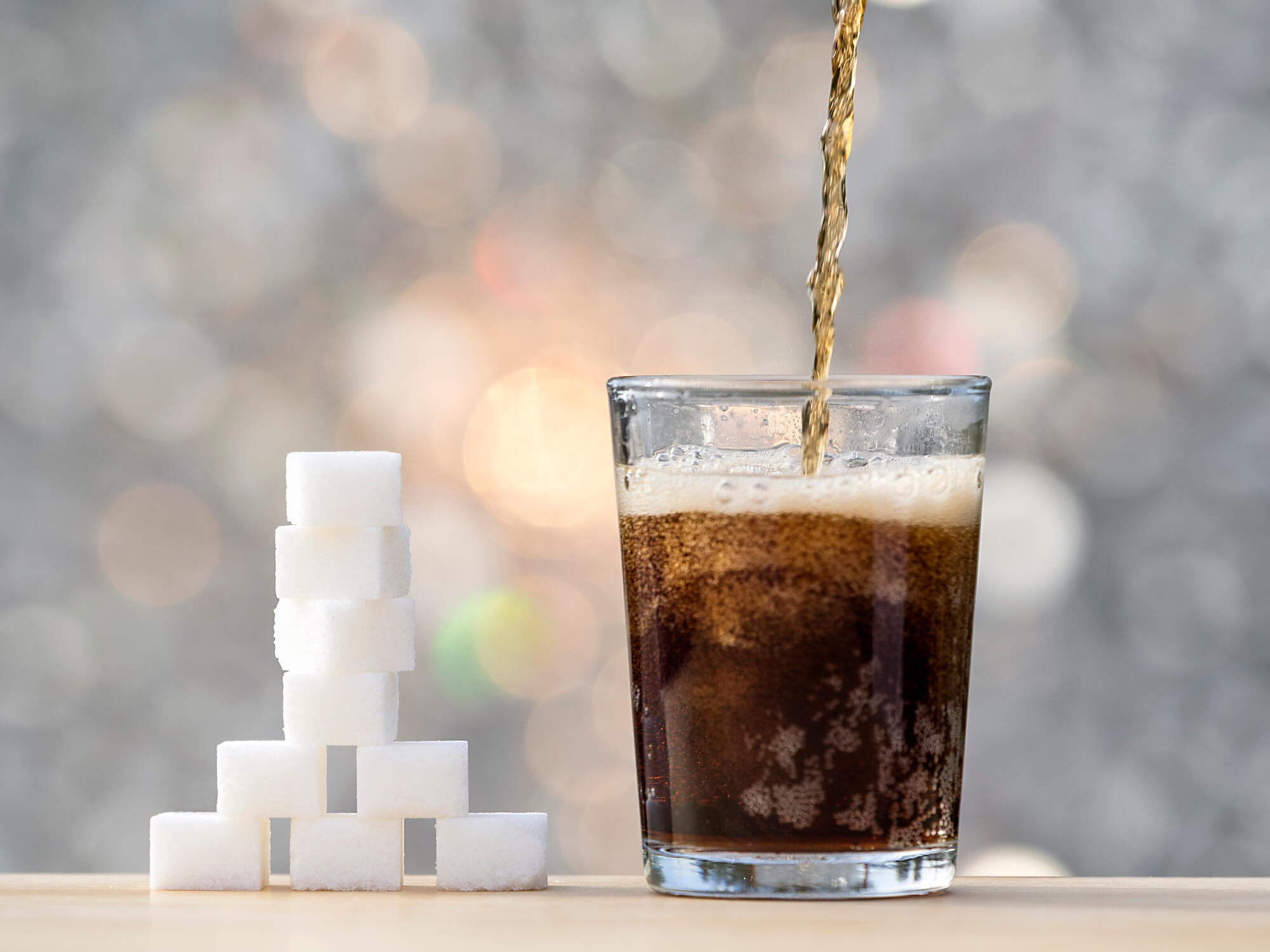The Fizzling Out of Soda
7 years ago | Obesity
By Joy Stephenson-Laws, JD, Founder
It seems that soda is currently under attack, and it has some people jumping for joy and others clinging to the past. Restaurants in Baltimore have recently banned sodas and other sugary drinks from kids’ menus throughout the city. So that begs the question. Is maintaining good health a personal choice or is it up to legislators to help facilitate?
Personal proclivities aside, there is no denying the evidence. Sugary drinks are a clear contributor to chronic disease, diabetes, high blood pressure and possibly dementia. Reportedly, Americans consumed a staggering 11.18 million metric tons of sugar in 2017. Most of that sugar intake was attributed to the consumption of sugary drinks and sodas. Scientists have long been laboring to collect hard data on the effects of sugar on the brain, immune system and heart.
What Sugary Drinks Do to the Body
Before we delve into what ails us, it is important to point out that your brain needs some sugar to function. Glucose is a form of sugar that is a primary energy source for every cell in your body. Since the brain is densely packed with all sorts of cells, neurons and nerves, it consumes about half of all the ‘sugar energy’ your body produces at any given time.
Good cognitive health is closely linked to normal glucose levels and how efficiently the brain can utilize it as a fuel source. Additionally, large quantities of sugar in your system may contribute to nutrient and energy deficits.
But here is where it gets tricky...
You have to consider the source of the sugars you are consuming. How do artificial sweeteners stack up to naturally occurring sugars found in fresh fruit and vegetables? It should be no surprise, your brain, body and entire biology would prefer to convert natural sugars into energy.
Credible research support the finding that individuals who frequently consume large amounts of sugar may have poorer memories and a shrunken hippocampus. The hippocampus is the memory center of the brain that is in charge of organizing learned experiences and cognitive reasoning. There is a direct link between a compromised hippocampus and patients who develop dementia.
A developing mind is especially vulnerable to high levels of processed sugar. It is no wonder why cities, states and municipalities are banding together in an attempt to make sugary drinks less accessible to children and young adults.
Even the occasional fizzy drink indulgence is bad news for the body, not just the brain. Drinking soda may cause spike in blood sugar levels. This in turn may disrupt the function of your pancreas and the way it releases the proper amount of insulin into the bloodstream. With prolonged exposure to these spikes in glucose and fructose, your body’s response is to stall - kind of like a computer displaying that spinning wheel because it is so overloaded. Eventually, your body may need even more insulin to allow for the cells to accept glucose into the system. This form of insulin imbalance may lead to type 2 diabetes.
Lawmakers are now starting to realize the important job they have to do to protect the public health. More effort is now being made to highlight the negative consequences of sugar. The Food and Drug Administration (FDA) is continually rolling out research to support the negative consequences of having too much processed sugar in our diets. To put it into perspective, the FDA announced that Americans shouldn’t consume more than 50 grams of sugar a day. That is less than two cans of Coke a day. And for anyone that has seen the size of soft drinks lately, two cans of coke isn’t a lot.
Some food manufacturers react by hiding processed sugar on labels. They market it as diet soda, no-sugar added or change the name entirely. So it is important that you know what sugary ‘code’ words to be on the lookout for. Fructose, dextrose, corn syrup and maltose are just several bittersweet buzz words to steer clear of. Also, don’t be fooled by beverages that are disguised as health drinks, protein shakes or any other brightly colored liquid. Some popular sports drinks are sometimes loaded with unhealthy sugars.
Even if your community hasn’t jumped on the soda ban-wagon yet, you might consider decreasing the amount of sugary drinks you ingest. Get your children turned on to putting fresh fruits in filtered water to add flavor without the sugar rush. There are a wealth of healthy alternatives out there for those wanting to curb their dependency on sodas and fizzy beverages. Understand the dangers and remain vigilant. Your body will reward you with a healthy life.
Enjoy your healthy life!
The pH professional health care team includes recognized experts from a variety of health care and related disciplines, including physicians, attorneys, nutritionists, nurses and certified fitness instructors. This team also includes the members of the pH Medical Advisory Board, which constantly monitors all pH programs, products and services. To learn more about the pH Medical Advisory Board, click here.







